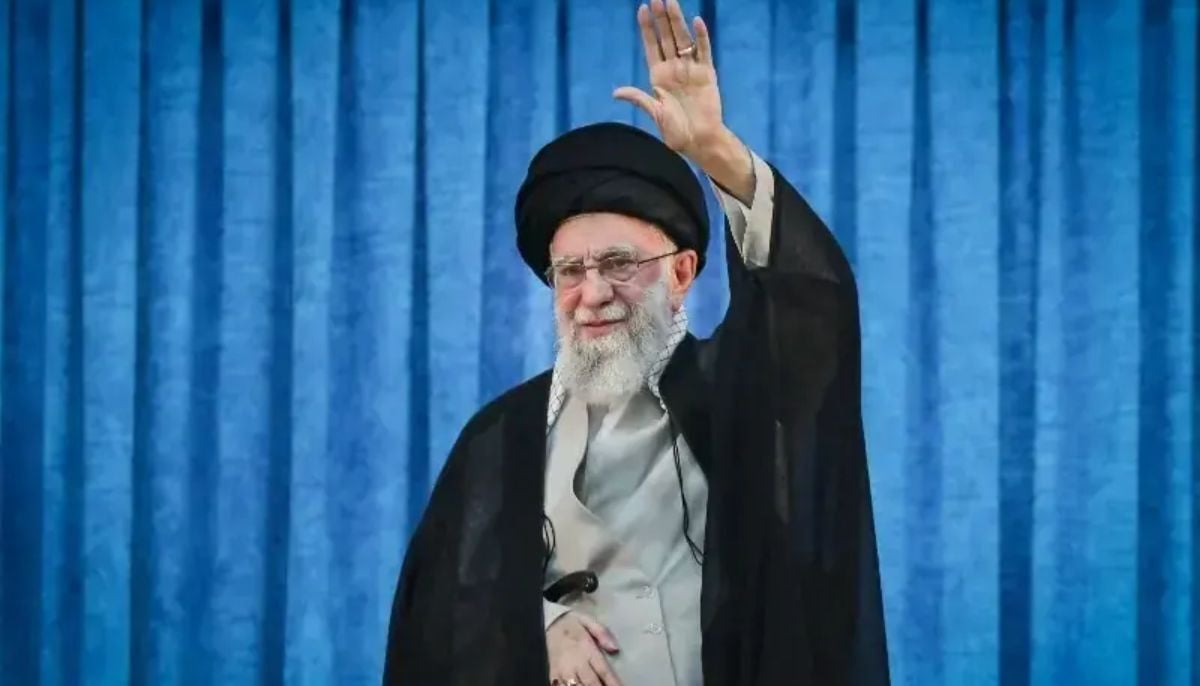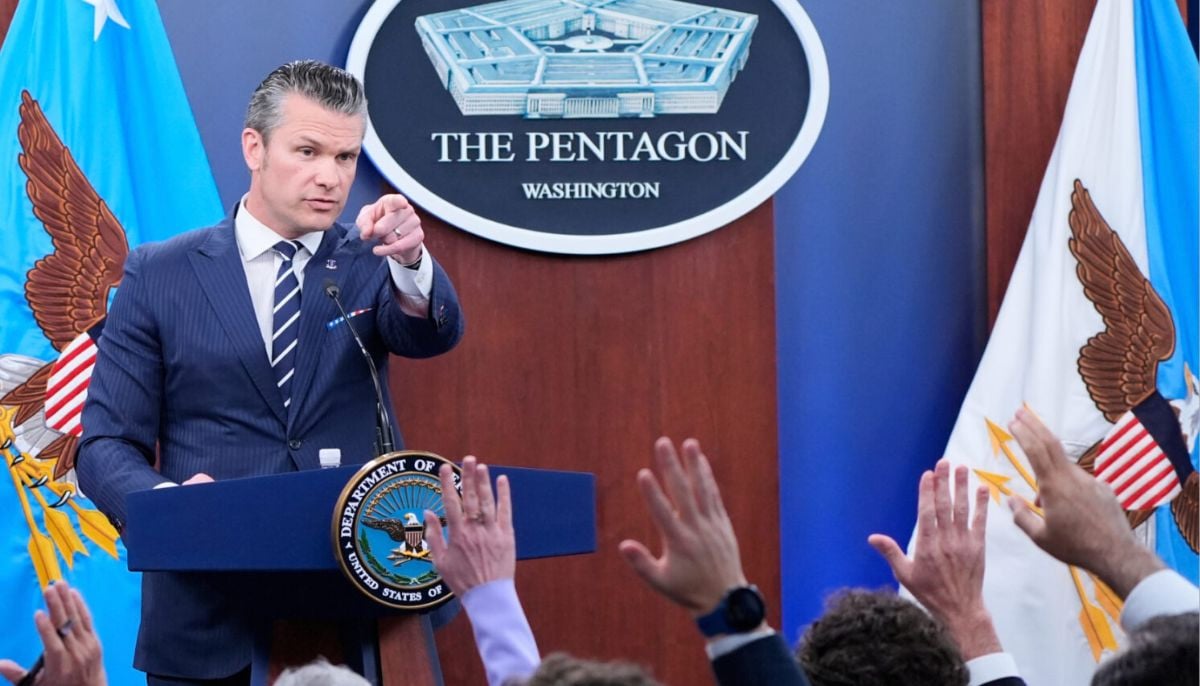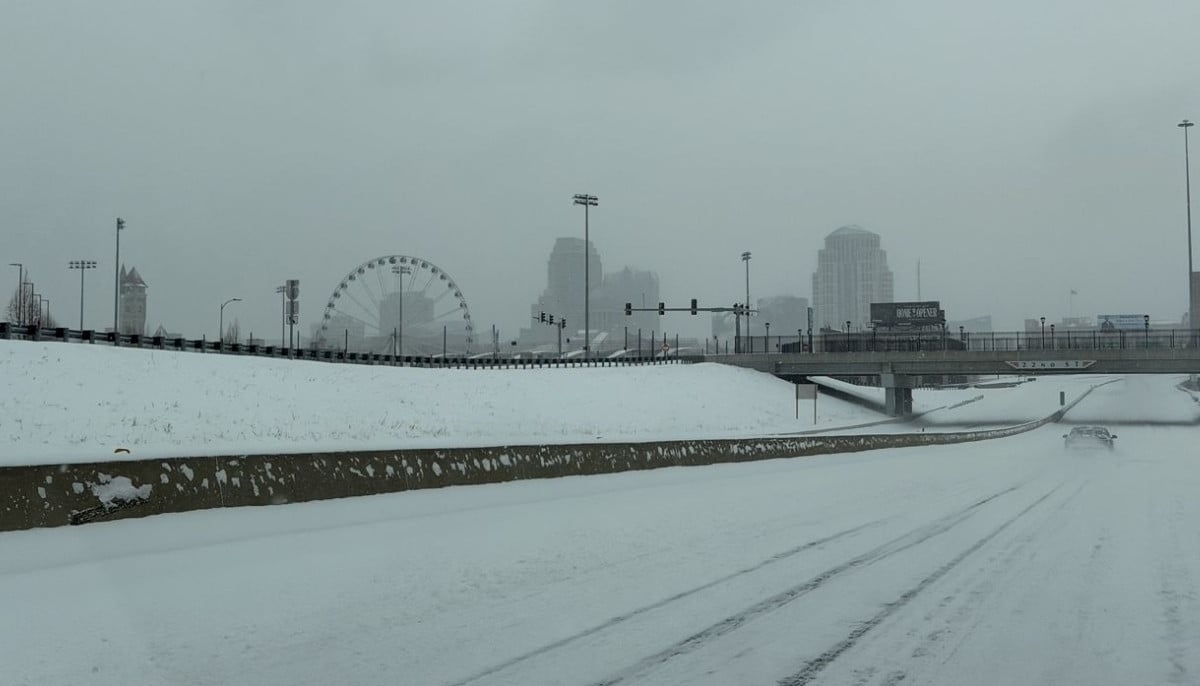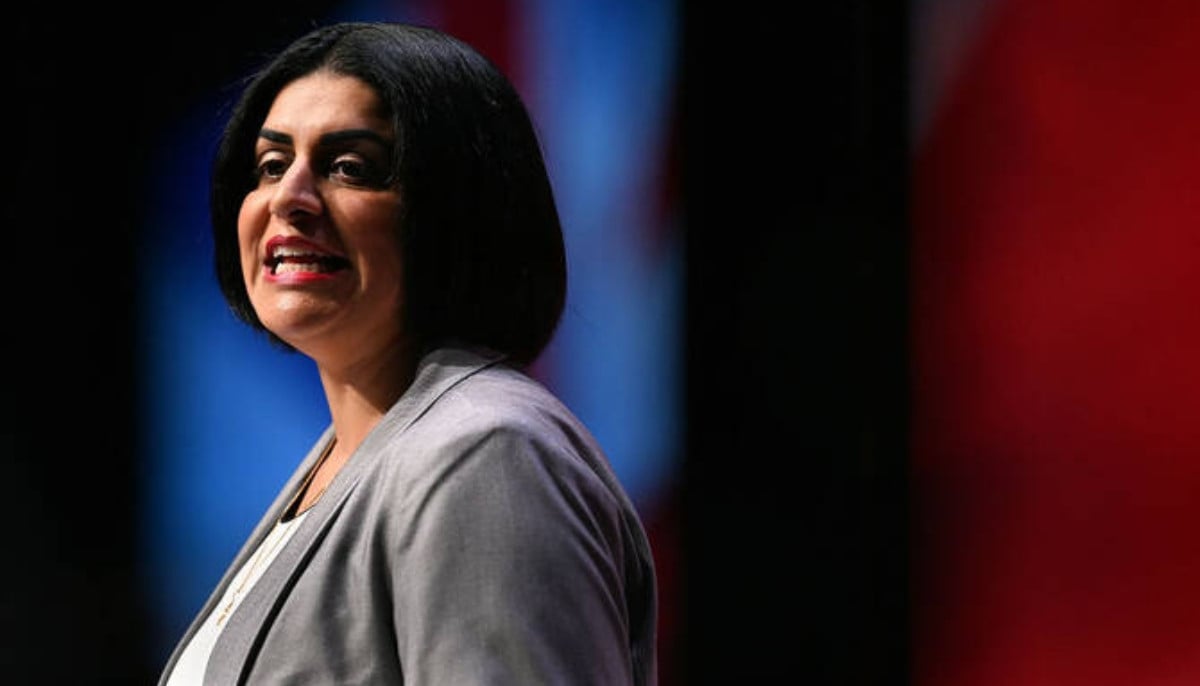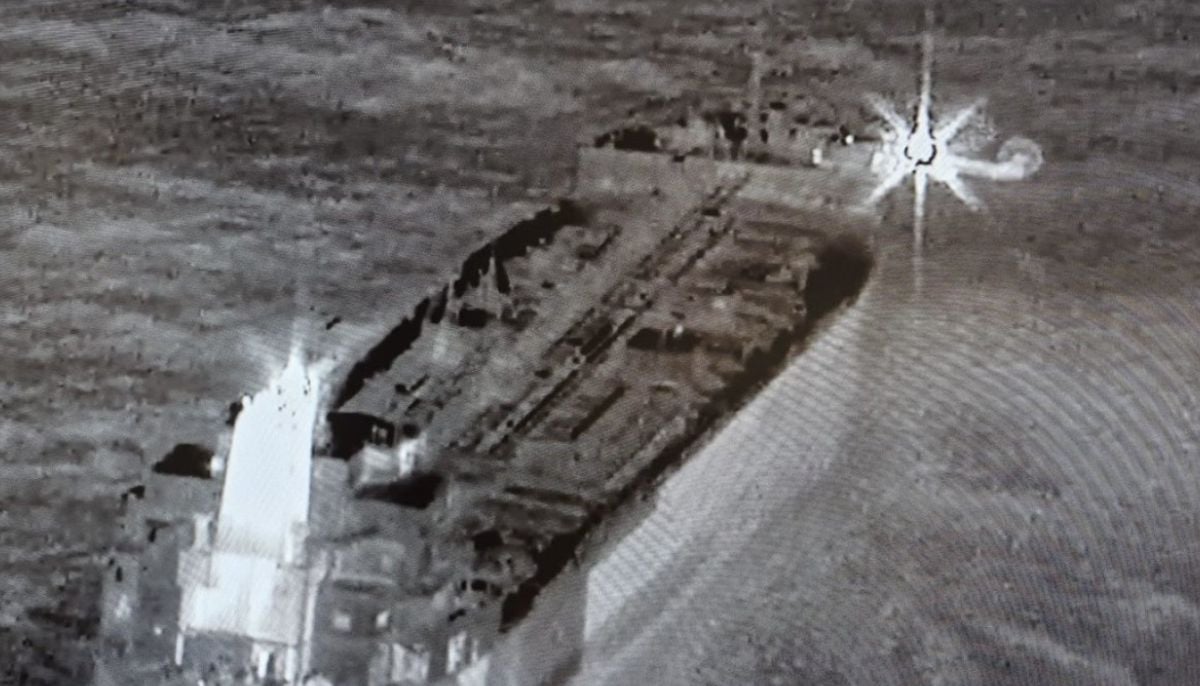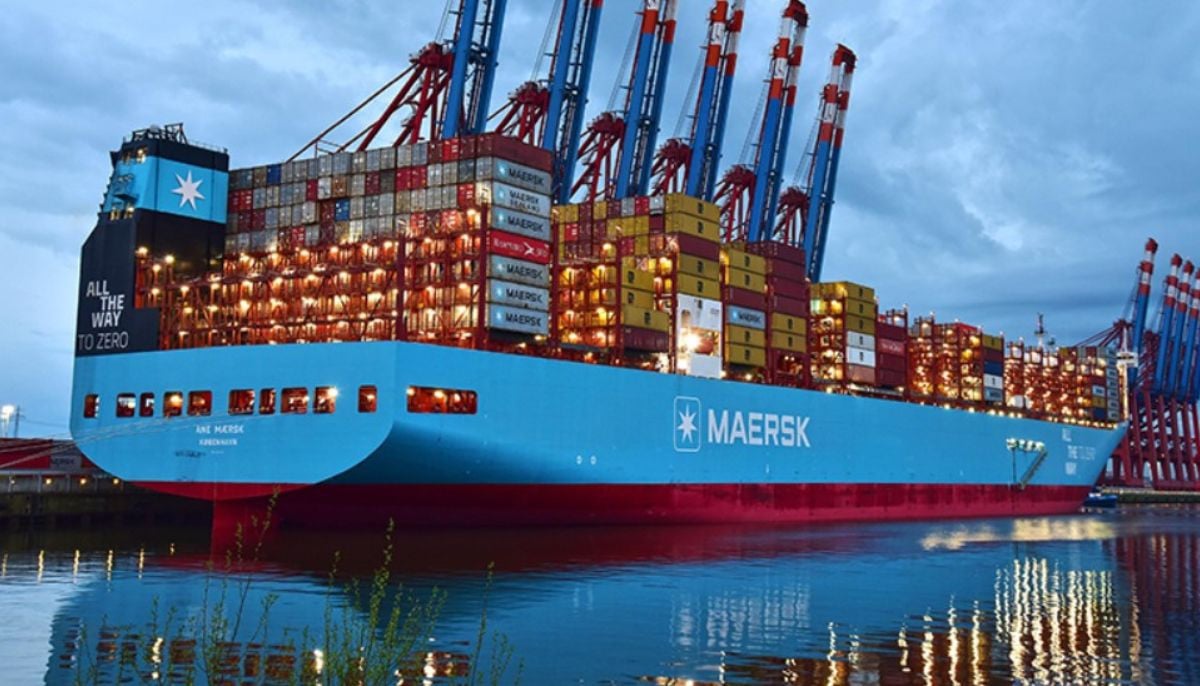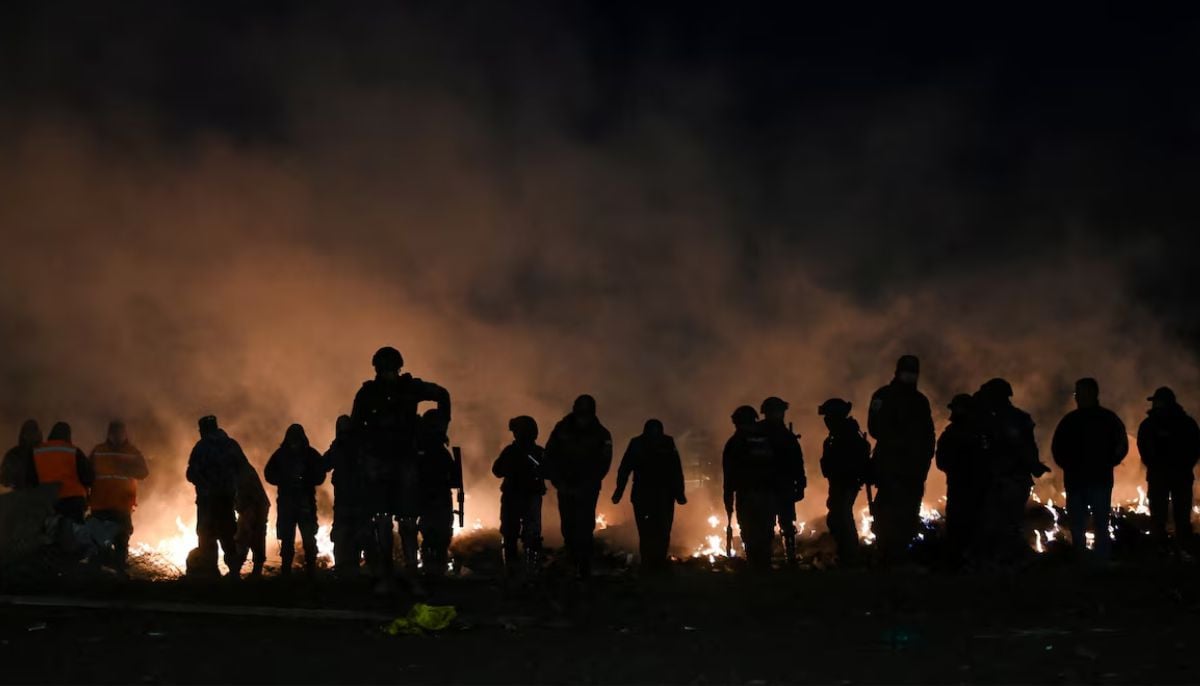UAE bans entry of travellers from Pakistan, Bangladesh Nepal and Sri Lanka starting May 12
UAE citizens, long-term residency holders - known as "golden visa" holders - and diplomats are not included in the ban
DUBAI: The UAE has announced the suspension of entry for travellers from Bangladesh, Pakistan, Nepal and Sri Lanka on all flights on national and foreign carriers, as well as for transit passengers coming from these countries, starting Wednesday, May 12, 2021.
According to a notification on the website of the National Emergency Crisis and Disasters Management Authority (NCEMA), transit flights travelling to the UAE and bound for these countries are exempted from the ban.
“This decision also includes extending the suspension of entry for travellers who were in these four countries in the 14-day period prior to arrival in the UAE,” it added.
Flights between the four countries will continue to allow the transport of passengers from the UAE to Bangladesh, Pakistan, Nepal and Sri Lanka and the transfer of exempted groups from these countries to the UAE who have applied for exemption.
UAE citizens, long-term residency holders - known as "golden visa" holders - and diplomats are not included in the ban, which comes just ahead of the Eid festival celebrating the end of the Islamic fasting month of Ramadan.
To enter the UAE from the four countries, people must have been in another country for at least 14 days beforehand, the NCEMA said.
However, cargo flights will continue to operate between the four countries.
The UAE civil aviation authority also called upon all travellers affected by the decision to contact the relevant airlines to reschedule their flights and ensure their safe return to their final destinations without delay.
-
Next full moon: How to watch the total lunar eclipse on March 3
-
Silver, gold prices surge amid geopolitical uncertainty after US-Israel attack on Iran
-
Oil price jumps, stocks fall after US and Israel strike Iran
-
Gunman identified after Texas bar shooting leaves 3 dead, 14 injured
-
Deon Cole takes swipe at Nicki Minaj in mock prayer during NAACP Image Awards monologue
-
Belgium seizes suspected Russian shadow fleet tanker
-
Shipping giant Maersk halts Suez Canal, Bab el-Mandeb sailings amid escalating conflict
-
Bolivian military plane crash death toll rises to 20

